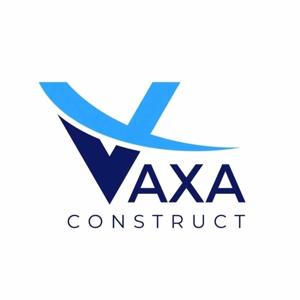In today’s fast-paced commercial construction industry, time is money. Projects often face tight deadlines, and delays can lead to significant cost overruns. Modular construction offers a solution by allowing major components of a building to be fabricated off-site and assembled quickly on-site. For a Commercial Construction Company in NJ, modular construction not only accelerates project timelines but also enhances quality and efficiency.
1. Off-Site Fabrication for Faster Completion
Modular construction relies on pre-fabricating building modules in controlled factory environments.
Concurrent Workflows: While site preparation occurs, modules are manufactured off-site simultaneously.
Reduced On-Site Workload: Minimizes disruptions and accelerates the overall schedule.
Controlled Environment: Factory conditions ensure consistent quality and fewer delays due to weather.
2. Streamlined On-Site Assembly
Once modules are ready, they are transported to the construction site for rapid assembly.
Faster Installation: Pre-fabricated units can be stacked and connected in a fraction of the time required for traditional methods.
Reduced Labor Requirements: Less on-site construction work translates to fewer labor hours.
Minimized Site Disruptions: Shorter on-site schedules reduce noise, traffic, and safety hazards.
3. Improved Project Planning and Coordination
Modular construction requires precise planning, which contributes to faster execution.
Integrated Design: Architects, engineers, and contractors collaborate early to ensure modules fit perfectly.
Predictable Timelines: Factory schedules are consistent, reducing the risk of unexpected delays.
Efficient Supply Chain Management: Pre-determined material requirements minimize procurement delays.
4. Quality Control Reduces Rework
High-quality fabrication in controlled environments lowers the likelihood of on-site errors.
Precision Manufacturing: Factory-produced modules are consistently accurate.
Reduced Rework: Fewer construction mistakes mean fewer delays.
Durability and Consistency: Standardized modules maintain high-quality standards throughout the project.
5. Weather-Independent Construction
Traditional construction often faces delays due to adverse weather conditions.
Indoor Fabrication: Modules are built indoors, unaffected by rain, snow, or extreme temperatures.
Reliable Scheduling: Projects stay on track regardless of local weather conditions.
Faster Winter Construction: Construction in colder months is feasible without slowing the timeline.
6. Long-Term Benefits Beyond Time Savings
While modular construction primarily reduces project duration, it offers additional advantages.
Cost Efficiency: Shorter timelines lower labor and overhead costs.
Sustainability: Factory production reduces waste and improves energy efficiency.
Scalability: Modular methods can be applied to expansions or multi-site projects efficiently.
Conclusion
Modular construction is transforming commercial projects by significantly reducing timelines, improving quality, and streamlining workflows. For a Commercial Construction Company in NJ like Vaxa Construct, leveraging modular construction ensures faster project delivery without compromising safety or standards.
By embracing this innovative approach, commercial developers can meet tight deadlines, reduce costs, and deliver high-quality, future-ready buildings for clients and tenants.


Write a comment ...